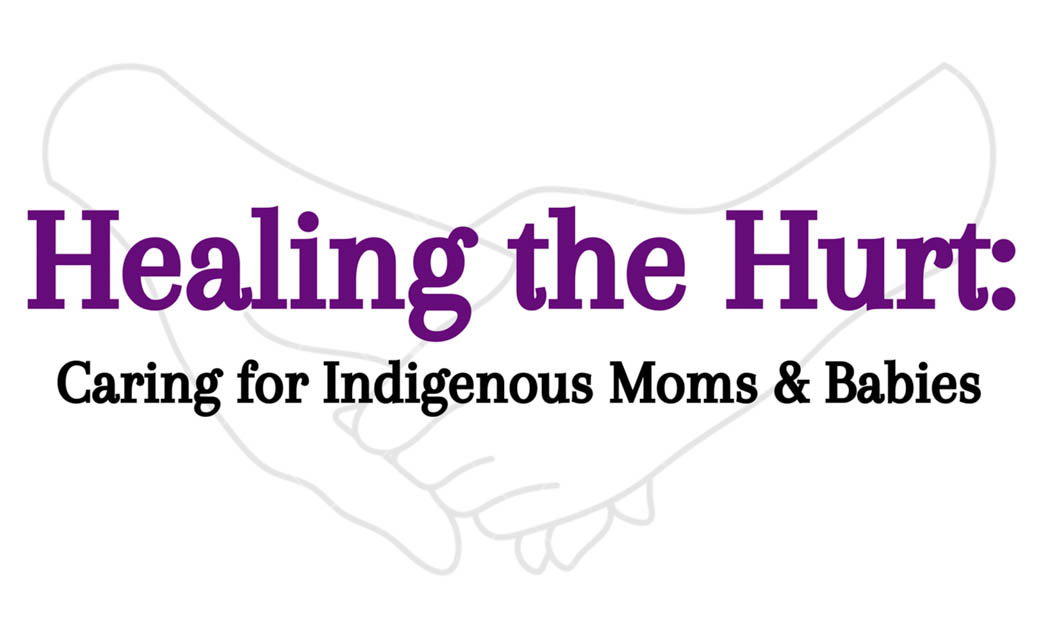Healing the Hurt: A campaign for antidiscrimination against Indigenous mothers
Christena Lopez and Shawna Hill share their stories dealing with negligent professionals in the health care field.
Healing the Hurt is a newly-launched campaign started by Indigenous women to supply health care providers with more knowledge of culturally-safe care. This year, a video was released on the campaign’s website sharing the experiences of women and their stories in the health care system.
From residential schools to reduced opportunities in society, there remains a clear history of Indigenous oppression in Canada. Indigenous mothers have recently reported maltreatment caused by gross negligence and discrimination from clinicians.
Christena Lopez is an Indigenous mother who shares her experiences with a negligent obstetrician who was responsible for most aspects of her pregnancy. Lopez reports she was unable to establish a trusting relationship with her obstetrician as she implied being Indigenous and living in Indigenous housing was an issue.
Lopez claims the obstetrician made her feel uncomfortable and dehumanized to an extent, and this directly led to an avoidable tragedy. “When I think about it now, her job as an [obstetrician] should have encouraged me to have the induction, because then my baby would have been alive,” Lopez states in the video.
Shawna Hill, another Indigenous mother, recounts the mistreatments and abuse received by clinicians. She mentions how clinicians were innately biased against her when she expressed concerns about her daughter’s health by immediately searching for non-existent evidence of child abuse or neglect. Hill recounts how terrified she was that child protection services would take her daughter away due to the biased clinicians.
Ultimately, the treatment of Indigenous mothers directly results from the actions of clinicians. Hill states in the video, heartbreakingly, “You have the power to save peoples’ lives, and I don’t think a lot of them realize that.”
Considering these experiences, the Healing the Hurt campaign aims to ensure all Indigenous mothers receive the treatment they would have received had they not been born as an Indigenous person.
Participants of the campaign brought up five notable suggestions for clinicians to promote a welcoming and safe environment for Indigenous mothers.
The first suggestion is the building of trusting relationships between clinicians and patients, especially considering that Indigenous mothers may distrust clinicians due to the history of discrimination against them. To this end, showing compassion and displaying effective communication is key.
Clinicians would also need to take a more supportive approach to their involvement in child protection services. Clinicians should offer impartial care to Indigenous families regardless of their history while advocating for them when necessary. Naturally, child protection services must not be used as leverage to threaten Indigenous mothers into meeting appointments.
Other suggestions include addressing financial barriers, increasing the availability of services to Indigenous mothers, and advocating for a more supportive and welcoming environment in clinics.
These suggestions introduce ideas to break the cycle of discrimination against Indigenous mothers. Equal care for all mothers that transcends race and beliefs is something Canada must strive for, and concrete actions must be taken.

